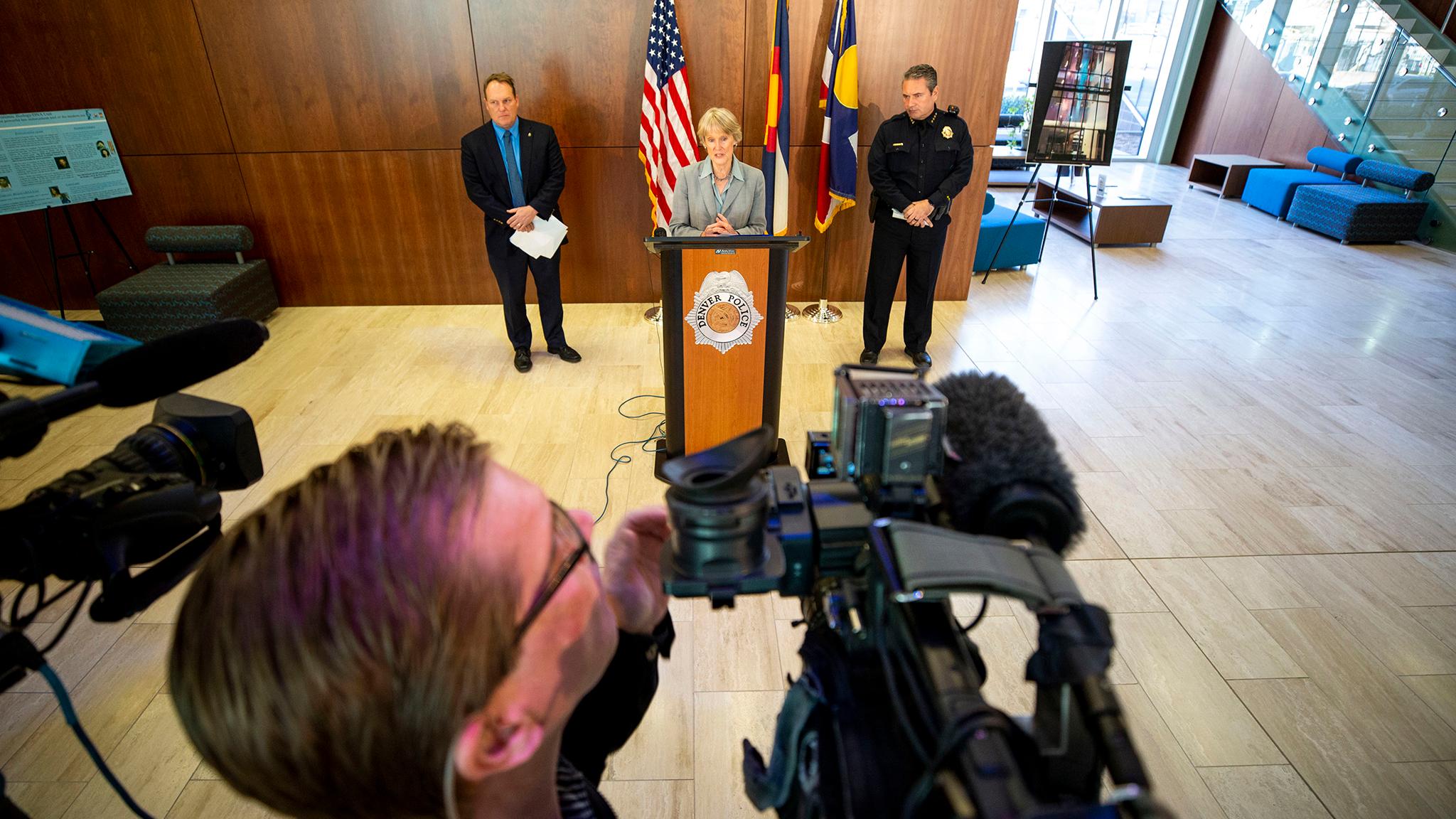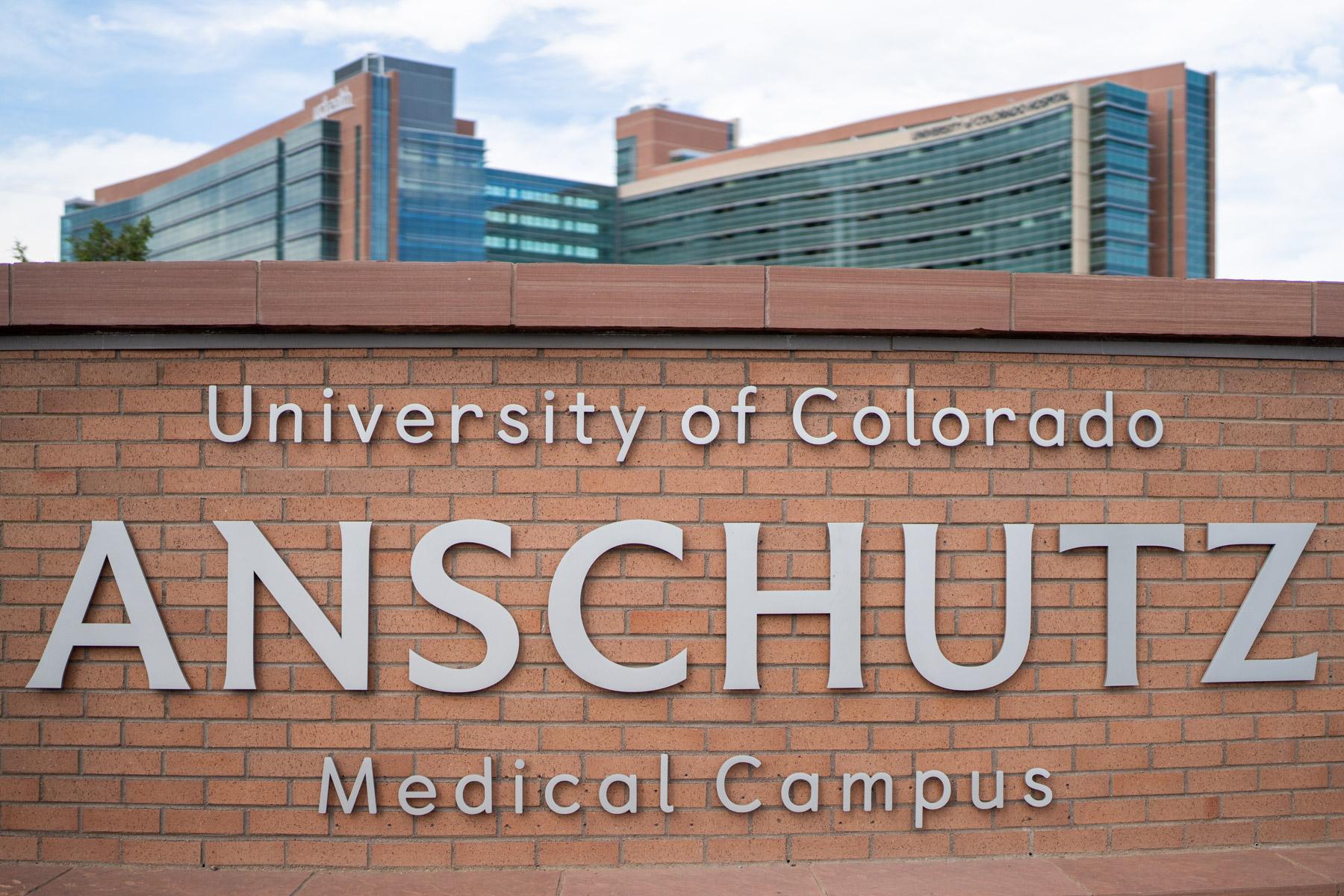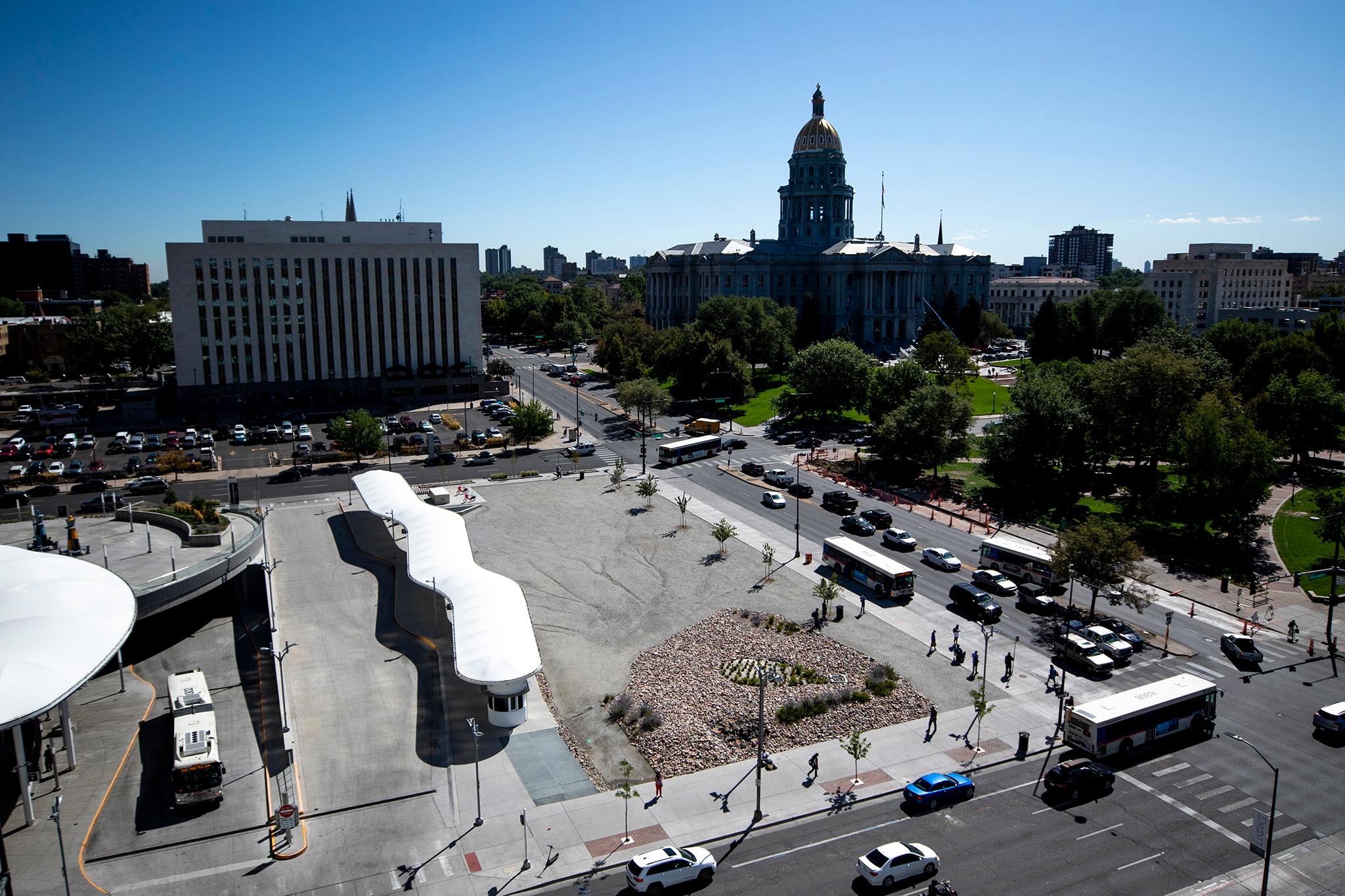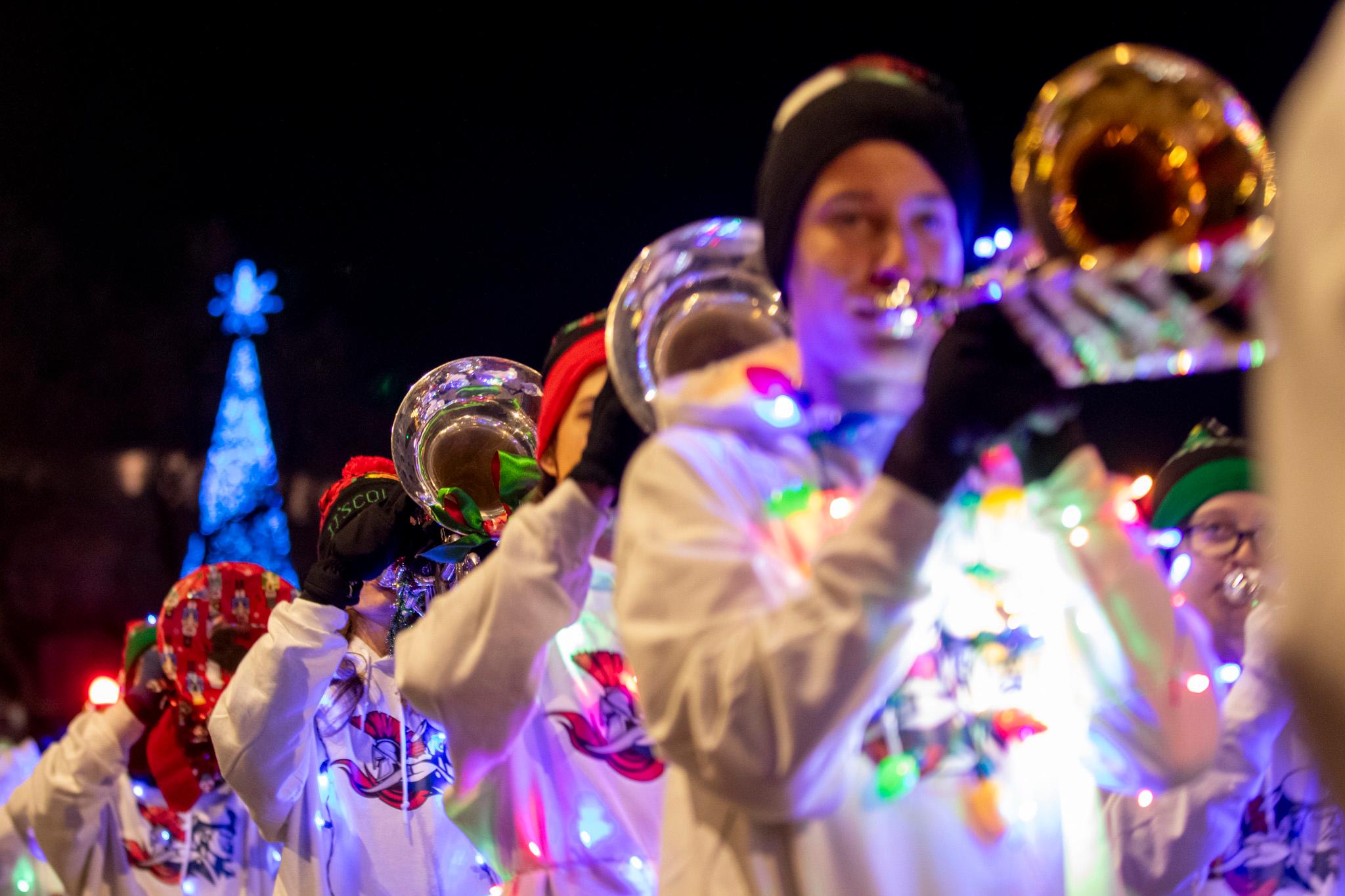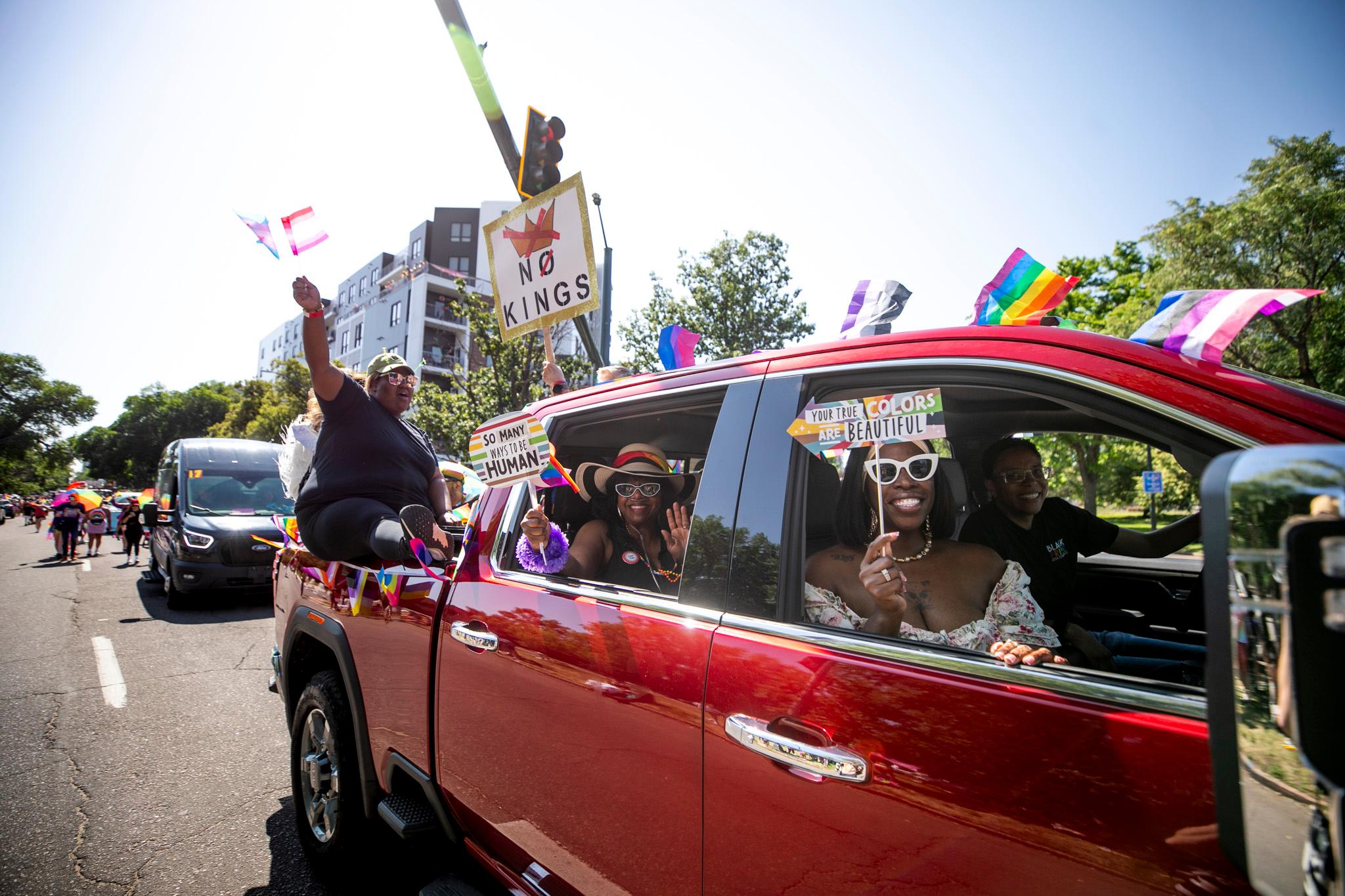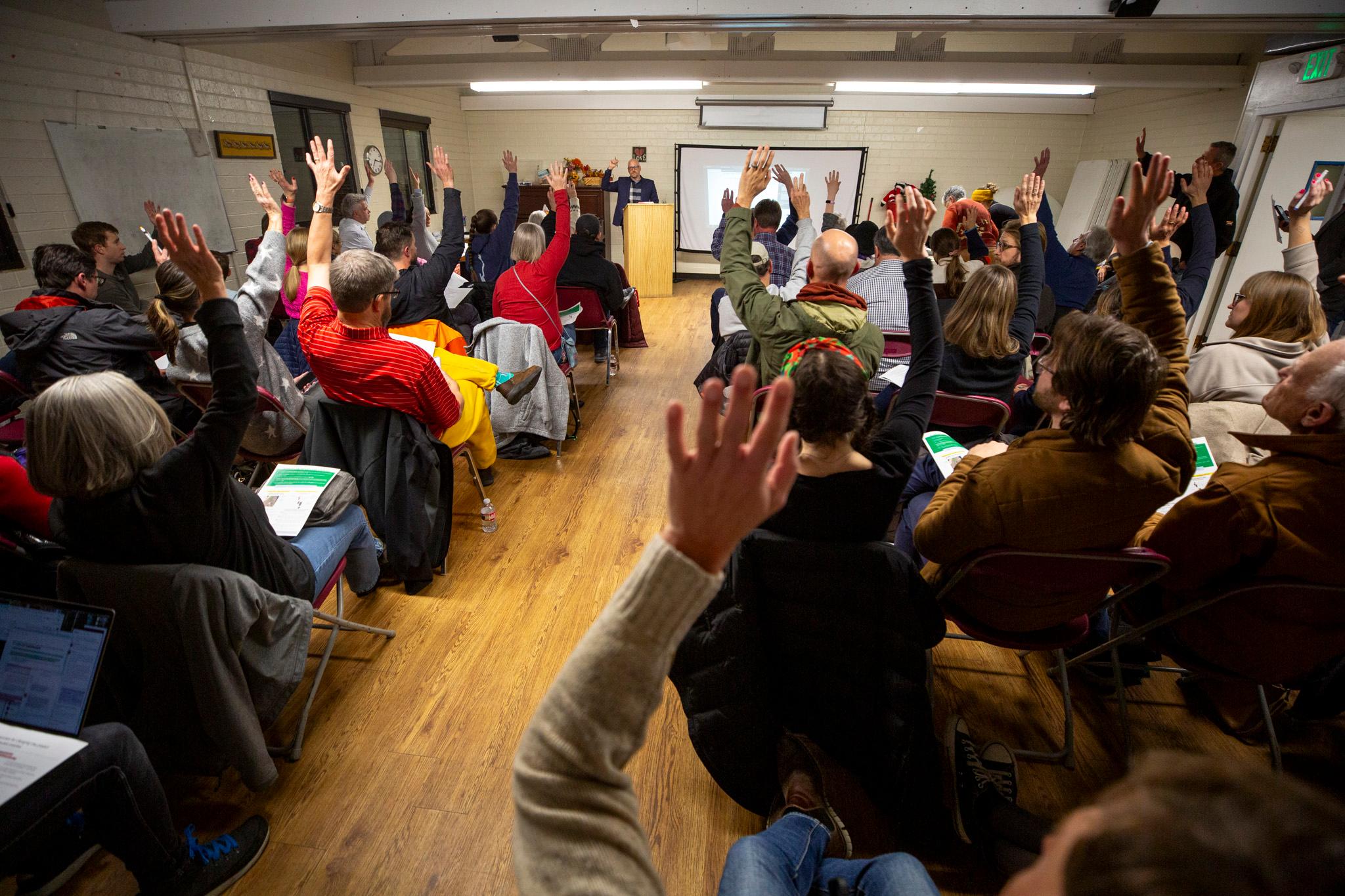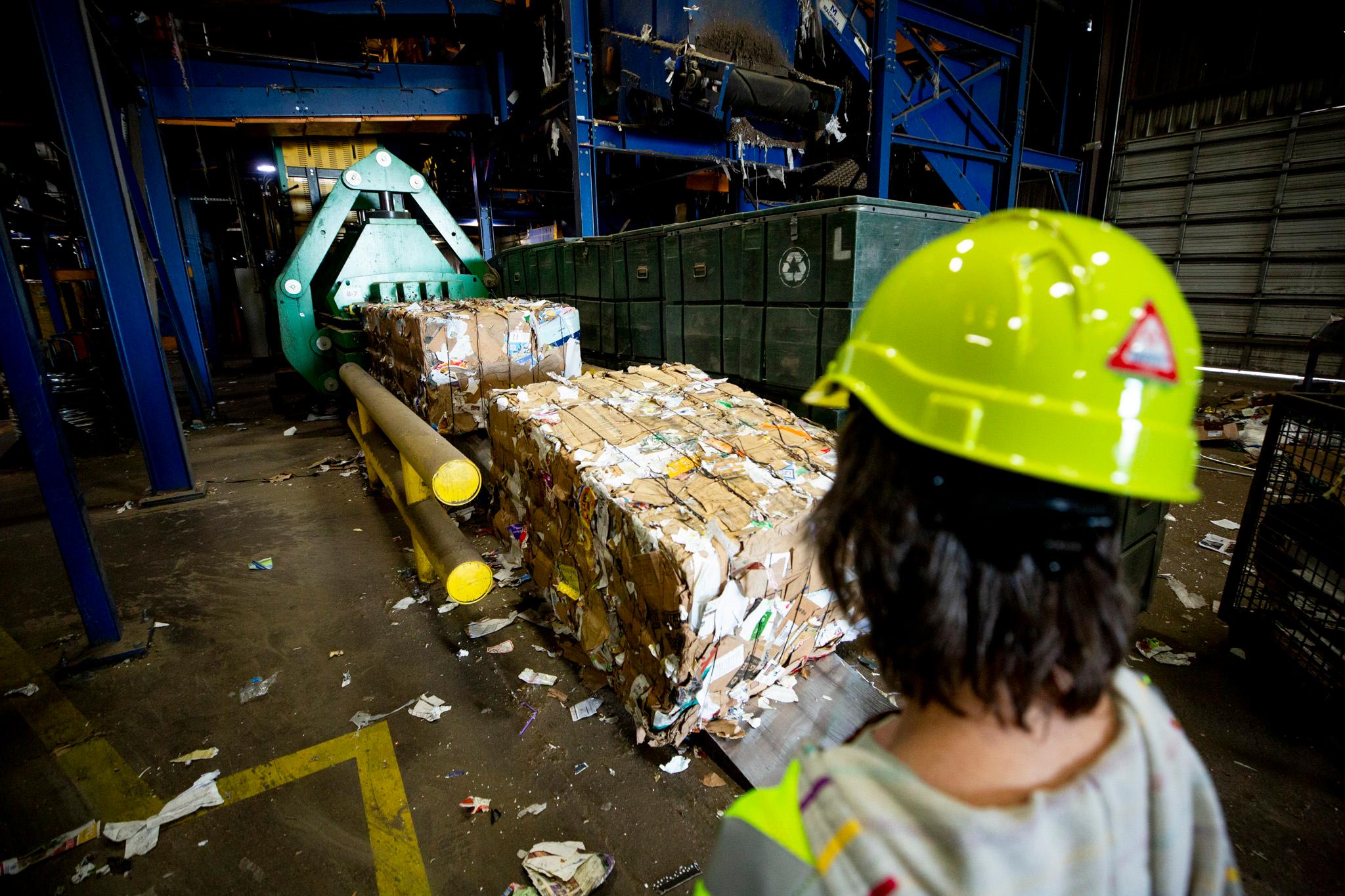Denver Police and the Denver District Attorney's office on Monday said they received a $500,000 federal grant to help solve 72 violent crime cold cases dating back to 1970.
The grant was awarded in September by the National Institute of Justice (NIJ), an agency under the Department of Justice. A majority of the money will provide overtime pay for forensic scientists, who are focusing on 64 homicides and eight sexual assaults that occurred between 1970 and 2016. The forensic scientists are tasked with identifying, locating, collecting and processing evidence to help prosecutors.
This marks the third time Denver has received a grant from NIJ. Money awarded by the agency to the city now totals more than $1 million, Denver District Attorney Beth McCann said Monday.
The money will be used jointly by Denver police, the DA's office and Denver Crime Lab, where Monday's announcement took place.
Police Chief Paul Pazen said time "does not deter our desire to seek justice for the victims of crimes."
"This new cold case grant will allow us to continue this important work to investigate cases that might have fallen out of the public eye," Pazen said. "We know there are victims and families who haven't forgotten what happened -- and we don't either."
Greggory LaBerge, director of the crime lab, said the money will help complete work started in 2004. That's when the department's cold case project launched and provided DNA analysis for more than 1,100 cases. It led to identifying and convicting serial rapists.
LaBerge, who has been using DNA analysis for crime investigation since 1999, said they narrowed down hundreds of cold cases by using a searchable DNA databank. Investigators initially searched through 5,500 cold cases to see if forensic science techniques could help provide additional evidence that could lead to a case filing to the DAs office.
The 72 cases were picked when investigators determined there was enough evidence to change a case outcome. It meant that if a DNA match was found on the databank, they would need to determine whether it would actually be valuable for the investigation. At least 15 detectives helped with these investigations.
"We anticipate in the next three years to not have any cold cases anymore," LaBerge said. "There always will be a cold case in the future, but this will finish our look back into history, back into the '60s and the '70s."
McCann said her office has prosecuted more than 120 cold cases to date. The grant money will add a deputy attorney to the office's cold case unit to work closely with Denver police to develop additional evidence for the cases.
"These violent crime cold cases are among the most challenging of all cold cases, so the potential to see justice for more than 70 families is really exciting and very powerful," McCann said.

